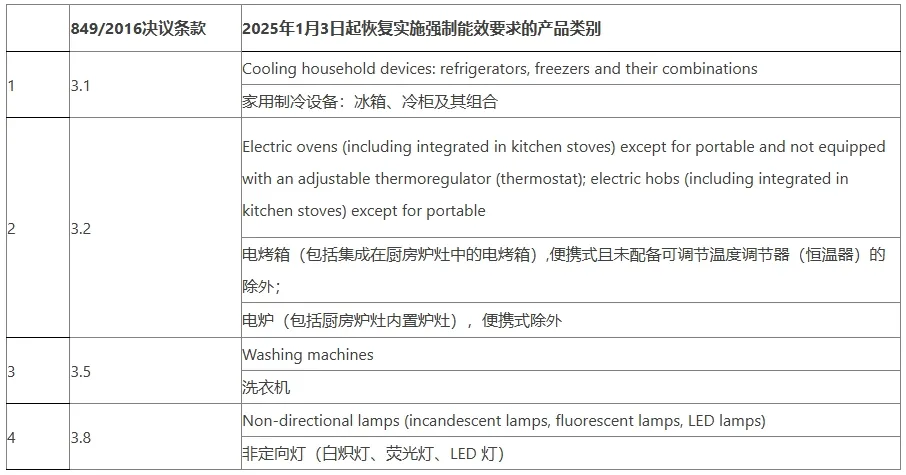At the beginning of 2025, the global trade field ushered in a series of important new regulations involving export controls, customs measures, financial supervision, international trade reforms, and trade policy adjustments among many countries. These new regulations will not only reshape the global trade pattern, but will also have a profound impact on the business activities of enterprises in various countries.
1. Ministry of Commerce strengthens export control of dual-use items to the United States
In order to safeguard national security and interests, the Ministry of Commerce has decided to strengthen export control of relevant dual-use items to the United States in accordance with the Export Control Law of the People’s Republic of China and other laws and regulations. The new regulations clearly prohibit the export of dual-use items to US military users or military purposes, and in principle do not allow the export of dual-use items related to key materials such as gallium, germanium, antimony, and superhard materials to the United States. For the export of dual-use graphite items, stricter end-user and end-use reviews will be implemented. Any violation of the regulations will be held accountable in accordance with the law.
2. The United States imposes additional tariffs on Chinese polysilicon and silicon wafers
The Office of the United States Trade Representative announced that from January 1, 2025, it will impose high tariffs on solar silicon wafers, polysilicon and some tungsten products imported from China. Among them, the tariff rate for silicon wafers and polysilicon will be increased to 50%, and the tariff rate for some tungsten products will be increased to 25%. This measure will have an important impact on China’s photovoltaic industry.
3. Final rules on US investment restrictions in China take effect
The final rules officially issued by the US Treasury Department to restrict US companies’ investment in China will take effect on January 2, 2025. The rule aims to implement the executive order signed by the Biden administration to reduce the close ties between the United States and China in the high-tech field. This move has attracted widespread attention from the global investment community and high-tech industry.
4. Eurasia extends the period of anti-dumping measures on seamless steel pipes from China
The Eurasian Economic Commission decided to extend the validity period of anti-dumping duties on seamless steel pipes from China to September 24, 2025. This move aims to continue to protect the seamless steel pipe industry of the Eurasian Economic Commission member states from the impact of Chinese products.
5. Belarus resumes mandatory energy efficiency requirements for electrical products
The Belarusian Council of Ministers decided to resume mandatory energy efficiency/energy efficiency labeling requirements for some electrical products that use energy from January 3, 2025. This move aims to improve the energy efficiency of electrical products in the Belarusian market and promote sustainable development.

6. The UK officially joins the CPTPP
The UK officially became the twelfth member of the Trans-Pacific Partnership Agreement (CPTPP) on December 15, 2024. This accession means that the UK will be able to apply the trade rules of the CPTPP and reduce tariffs with multiple member countries to further expand its global trade network.
The implementation of new regulations in the foreign trade field in 2025 will have an important impact on the global trade pattern. Countries and regions should pay close attention to these policy adjustments, strengthen cooperation and coordination, and jointly promote the prosperity and development of global trade.
Post time: Jan-06-2025





